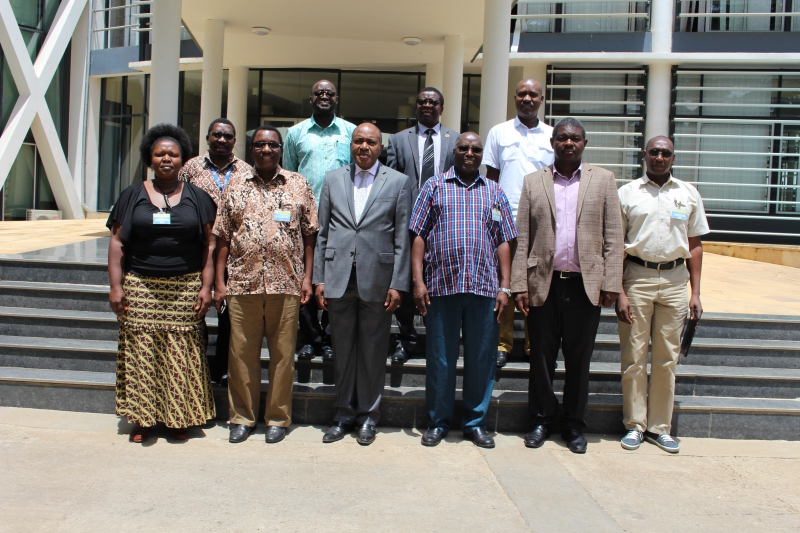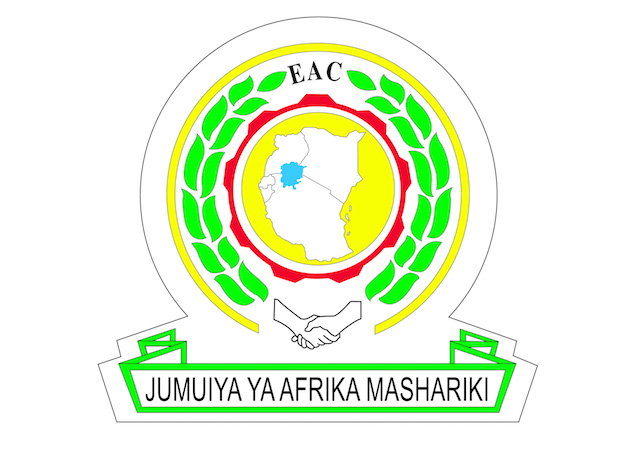
Kenya National Cohesion and Integration Commission on EAC Study Tour
East African Community Secretariat; Arusha, Tanzania; 24 March 2017:
A delegation from the Kenya National Cohesion and Integration Commission (NCIC), led by Commissioner Hon. Morris Dzoro, was at the EAC Headquarters today on study tour, as part of the Commission’s visit to various Institutions of Governance in Arusha and Dar es Salaam, in the United Republic of Tanzania.
Welcoming the Commissioners to the EAC Headquarters, the Deputy Secretary General in charge of Political Federation, Mr. Charles Njoroge noted that the mandate of the NCIC was to encourage national cohesion and integration by outlawing all kinds of discrimination on ethnic grounds; to fight hate speech and to provide for the establishment, powers and functions of the National Cohesion and Integration Commission, and for connected purposes.
“Indeed your mandate and functions complement the Treaty for the Establishment of the EAC and the protocols, strategy and mechanisms deriving from the Treaty” asserted Mr. Njoroge, adding that “EAC puts at the heart of integration efforts for the harmony and peaceful co-existence of the people of EAC Region
The Deputy Secretary General informed his guests that the Treaty and EAC Founding Fathers recognize peace and security as a pre-requisite for socio-economic development and achievement of EAC integration objectives.
He commended the delegation for the good work they were doing for the Kenyan people in promoting national cohesion, integration and peace, particularly during electoral period. “Without national unity, development and prosperity of Kenyan and any other EAC Partner State are illusive”.
On his part, the leader of the delegation, Hon. Morris Dzoro, commended the Deputy Secretary General in charge of Political Federation, Mr. Charles Njoroge for spearheading several initiatives in the Political Affairs of the Community. He also commended the EAC Secretariat for steering the regional integration process in the right direction and said their visit will enhance implementation of their mandate.
The delegation was given a detailed brief on the functions of the East African Court of Justice (EACJ), and on the EAC Early Warning Mechanism (EACWARN) and the EAC Conflict Prevention, Management and Resolution Mechanism (CPMR Mechanism).
While in Arusha, the delegation lmet and held discussions with officials from the East African Business Council (EABC), the East African Law Society (EALS), and the East African Civil Society Forum (EASCOF).
- ENDS -
For more information, please contact:
Mr Owora Richard Othieno
Head, Corporate Communications and Public Affairs Department
EAC Secretariat
Arusha, Tanzania
Tel: +255 784 835021
Email: OOthieno [at] eachq.org
About the East African Community Secretariat:
The East African Community (EAC) is a regional intergovernmental organisation of five Partner States, comprising Burundi, Kenya, Rwanda, Tanzania and Uganda, with its headquarters in Arusha, Tanzania.

